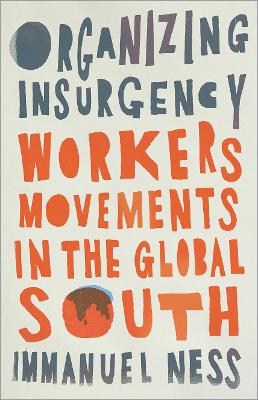Wildcat
2 total works
Immanuel Ness looks at three key countries: China, India and South Africa. In each case he considers the broader historical forces at play - the effects of imperialism, the decline of the trade union movement, the class struggle and the effects of the growing reserve army of labour. For each case study, he narrows his focus to reveal the specifics of each grassroots insurgency: export promotion and the rise of worker insurgency in China, the new labour organisations in India, and the militancy of the miners in South Africa.
This is a study about the nature of the new industrial worker in the Global South; about people living a terrifying, precarious existence - but also one of experimentation, solidarity and struggle.
'A breath of fresh air' - Norman Finklestein
Workers in the Global South are doomed through economic imperialism to carry the burden of the entire world. While these workers appear isolated from the Global North, they are in fact deeply integrated into global commodity chains and essential to the maintenance of global capitalism.
Looking at contemporary case studies in India, the Philippines and South Africa, this book affirms the significance of political and economic representation to the struggles of workers against deepening levels of poverty and inequality that oppress the majority of people on the planet.
Immanuel Ness shows that workers are eager to mobilise to improve their conditions, and can achieve lasting gains if they have sustenance and support from political organisations. From the Dickensian industrial zones of Delhi to the agrarian oligarchy on the island of Mindanao, a common element remains - when workers organise they move closer to the realisation of socialism, solidarity and equality.

